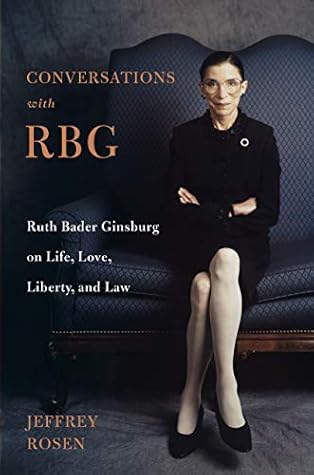“In most of the post-1970 gender-classification cases, unlike Roe, the Court … approved the direction of change through a temperate brand of decision-making, one that was not extravagant or divisive. Roe, on the other hand, halted a political process that was moving in a reform direction and thereby, I believe, prolonged divisiveness and deferred stable settlement of the issue.”1
Welcome back. Just a moment while we sign you in to your Goodreads account.


